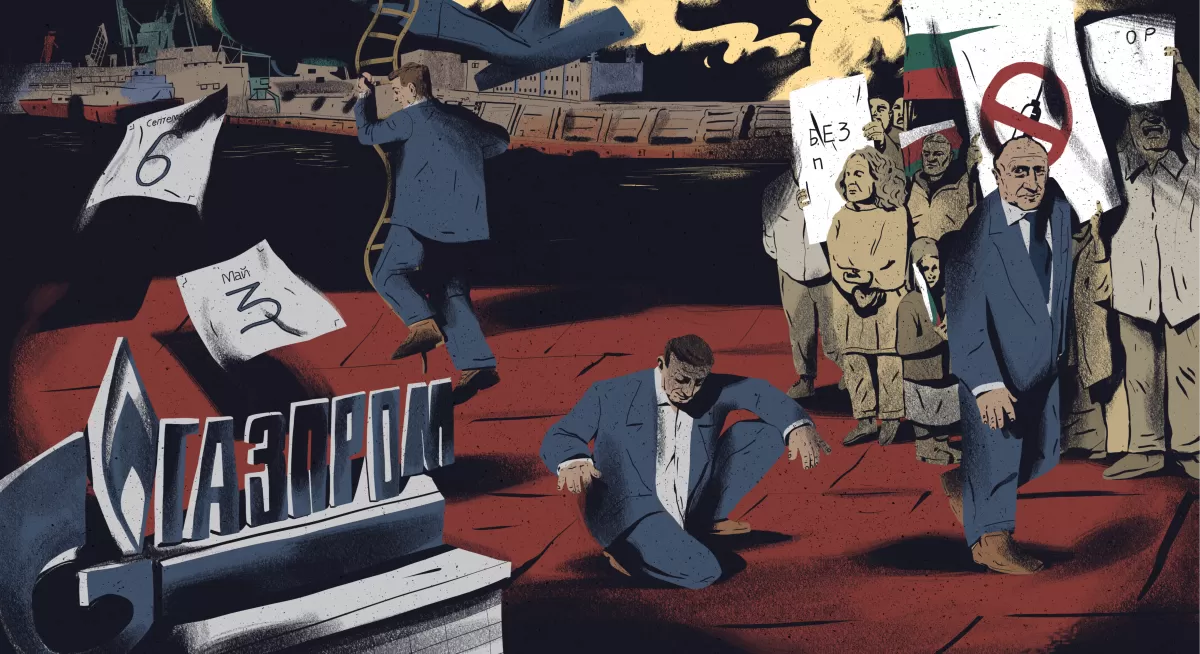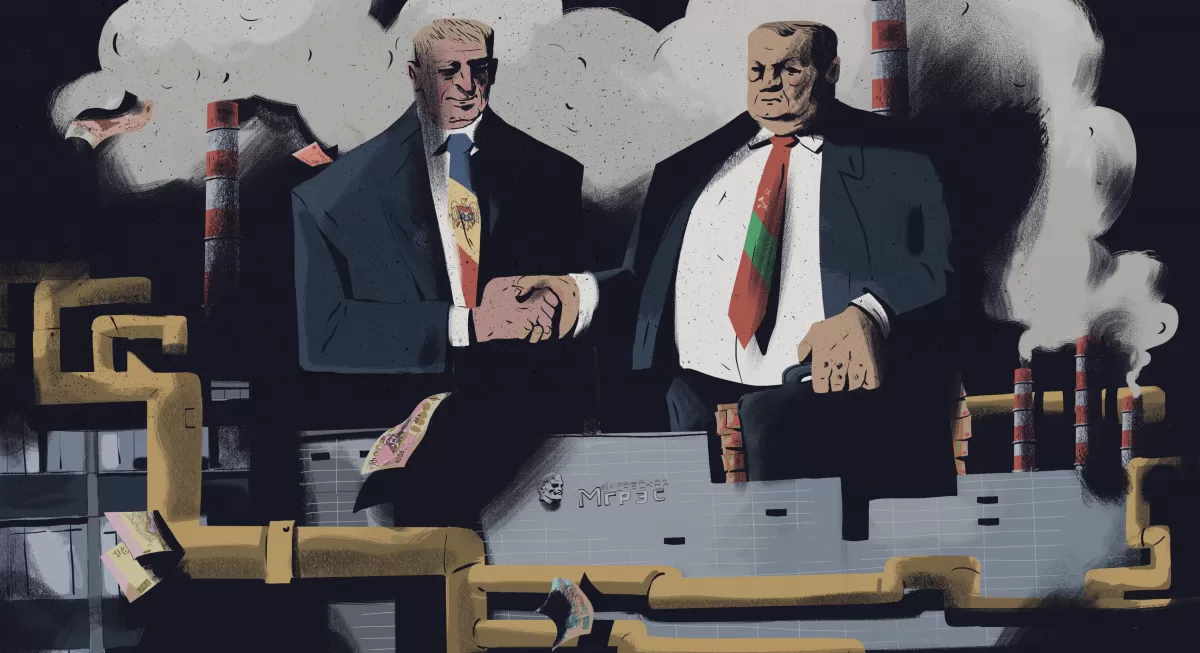
Rich Western countries with important markets are a major stake for China. Chinese companies are also present, to a lesser extent, in Central and Eastern Europe. But is this region a stake in itself for Beijing, or just a “stop” on the New Silk Road to the West? How extensive are bilateral relations and to what extent are they influenced by the West? Veridica collaborators in the region – Bulgaria, the Baltic countries, the Czech Republic, the Republic of Moldova, Poland, Romania and Ukraine – have tried to answer these questions.

EU and NATO member Bulgaria, once Moscow’s closest satellite, has been moving away for years, albeit at a slow pace, from Russia’s pull. This process has been accelerated following Russia’s invasion of Ukraine. However, the Kremlin can still count on an array of friendly politicians, spies, and a disinformation and propaganda network to further its interests in Sofia.

In theory, Romania is not overly reliant on Russia in economic terms. Trade relations are limited, the number of Russian companies operating on the Romanian market is relatively small, and Romanian imports of oil and gas from Russia are incomparably lower compared to those of other EU countries. Over the years, however, Russian oligarchs, most of whom are connected to the Kremlin, have taken possession of huge chunks of certain sectors of the Romanian economy. Adding to these economic levers are political ones too – there are Romanians who, consciously or not, are playing into Moscow’s hands. It’s a strategy Russia has been applying ever since the 1990s in most ex-communist states.

Russia owns the most important strategic gas and electricity supply facilities in the Republic of Moldova and uses them skillfully to put not only economic but also political pressure on Chisinau’s key decisions. The scheme devised by Moscow supports the separatist regime in Tiraspol and offers the Kremlin an instrument to pressure Chisinau for the debts accumulated by Transnistria.

Russia’s invasion of Ukraine brought the world closer to a nuclear disaster, as Russian troops occupied Ukrainian nuclear power plants – sometimes by fighting their way in and shooting at the plants – and Russian missiles flew dangerously low above them. Yet, the International Atomic Energy Agency had a rather moderate response to these risks and it continued to work closely with the Russians, much to the dismay of the Ukrainians.